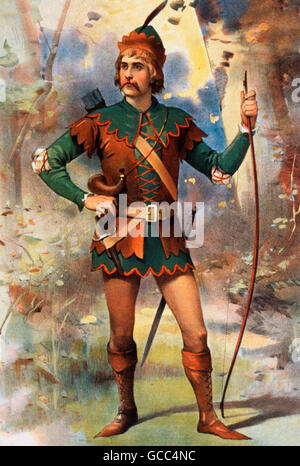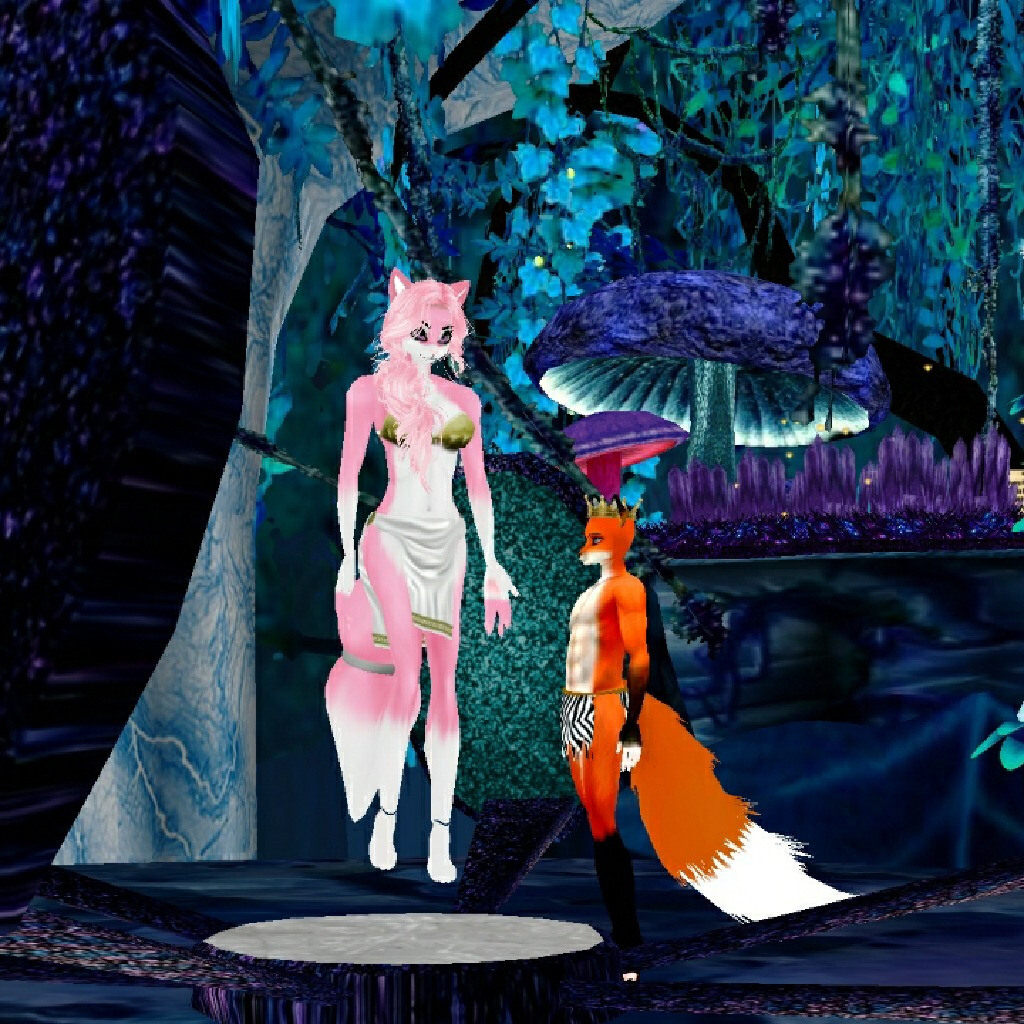

Chaunticleer's rebuttal is a brilliant use of classical sources that comment on dreams and is a marvelously comic means of proving that he is not constipated and does not need a laxative. We must also remember the cause of the discussion of divine foreknowledge: Lady Pertelote thinks that Chaunticleer's dream or nightmare was the result of his constipation, and she recommends a laxative. For Lady Pertelote and Chaunticleer to discuss divine foreknowledge in a high intellectual and moral tone in the context of barnyard chickens is the height of comic irony. The mock-heroic tone is also used in other instances: when the Nun's Priest describes the capture of the Don Russel and refers to the event in terms of other prominent traitors (referring to the fox as "a new Iscariot, a second Ganelon and a false hypocrite, Greek Sinon") and when the barnyard animals discuss high philosophical and theological questions. To compare the plight of Chaunticleer to that of Homer's Hector and to suggest that the chase of the fox is an epic chase similar to classical epics indicates the comic absurdity of the situation. The chase itself reminds one of Achilles' chasing Hector around the battlements in the Iliad. Chaucer uses elevated language to describe a fox catching a rooster in a barnyard - a far cry from the classic epics. Thus when Don Russel, the fox, runs off with Chaunticleer in his jaws, the chase that ensues involves every creature on the premises, and the entire scene is narrated in the elevated language found in the great epics where such language was used to enhance the splendid deeds of epic heroes. Alexander Pope's poem The Rape of the Lock is an excellent example a mock-heroic composition it treats a trivial event (the theft of a lock of hair, in this case) as if it were sublime. This tale is told using the technique of the mock-heroic, which takes a trivial event and elevates it into something of great universal import. To suggest that animals behave like humans is to suggest that humans often behave like animals. Consequently, this type of fable is often an insult to man or a commentary on man's foibles. The tale is an outstanding example of the literary style known as a bestiary (or a beast fable) in which animals behave like human beings. The Nun's Priest's Tale is one of Chaucer's most brilliant tales, and it functions on several levels. He thanks "Sir Priest" for the fine tale and turns to another for the next tale. Observing the Priest's magnificent physique, he comments that, if the Priest were secular, his manhood would require not just seven hens, but seventeen. The fox tries once again to lure Chaunticleer down by compliments and flattery, but the rooster has learned his lesson.Īt the conclusion of the tale, the Host praises the Nun's Priest. The fox, thinking Chaunticleer's idea a good one, opens his mouth, and Chaunticleer nimbly escapes to a treetop. Soon the widow, her two daughters, the dogs, hens, geese, ducks, and even the bees, are chasing the fox.Ĭhaunticleer suggests to the fox to turn around and shout insults at his pursuers. The hens in the barnyard make such a terrible commotion that they arouse the entire household. At that moment, the fox races to the cock, grasps him about the neck, and makes off with him. Hearing this, the vain cock shuts his eyes and bursts into song.

Chaunticleer begins to run, but the fox gently calls out that he only came to hear Chaunticleer's beautiful voice. Later, Chaunticleer catches sight of a fox named Don Russel, who is hiding near the farmyard.

Chaunticleer graciously thanks Lady Pertelote, but he quotes authorities who maintain that dreams have a very definite meaning and insists that he does not need a laxative. She tells him he dreamed because he ate too much and that it is well known that dreams have no meaning he simply needs a laxative. fy on you, herteless") and tells him that being afraid of dreams is cowardly and that, by showing such fear, he has lost her love. Fie on you / heartless coward" ("Avoi (coward). This beast's color and markings were much the same as a fox. One spring morning, Chaunticleer awakens from a terrible dream of a beast roaming in the yard trying to seize him.

She holds the heart of Chaunticleer and shares in all his glories and all his problems. The loveliest of these is the beautiful and gracious Lady Pertelote. He is the master, so he thinks, of seven lovely hens. This rooster is beautiful, and nowhere in the land is there a cock who can match him in crowing. Her main possession is a noble cock called Chaunticleer.


 0 kommentar(er)
0 kommentar(er)
